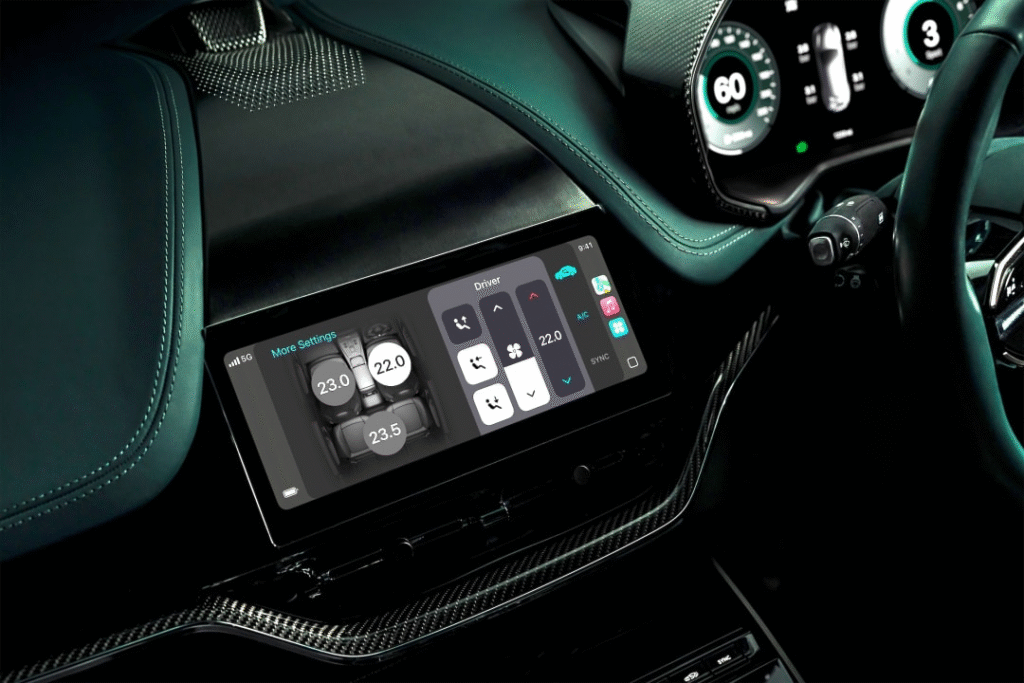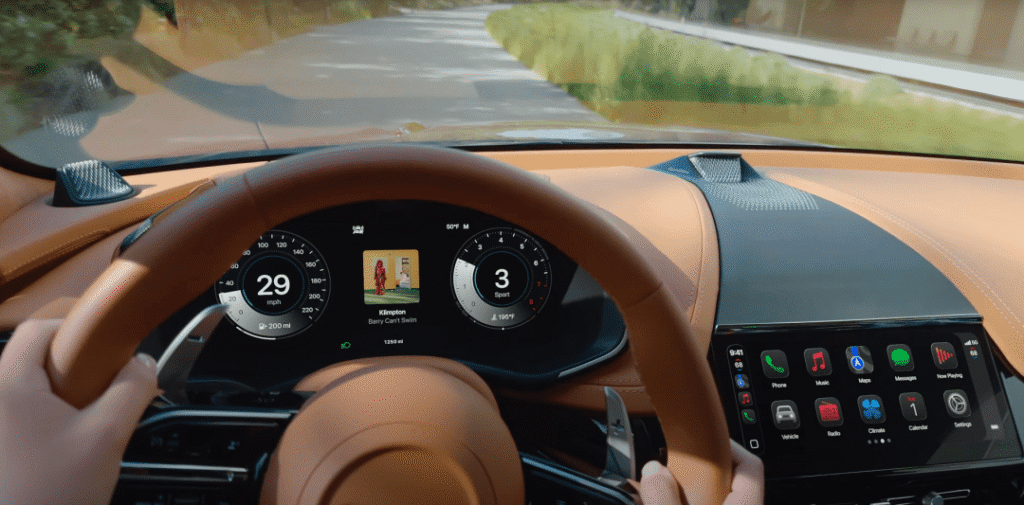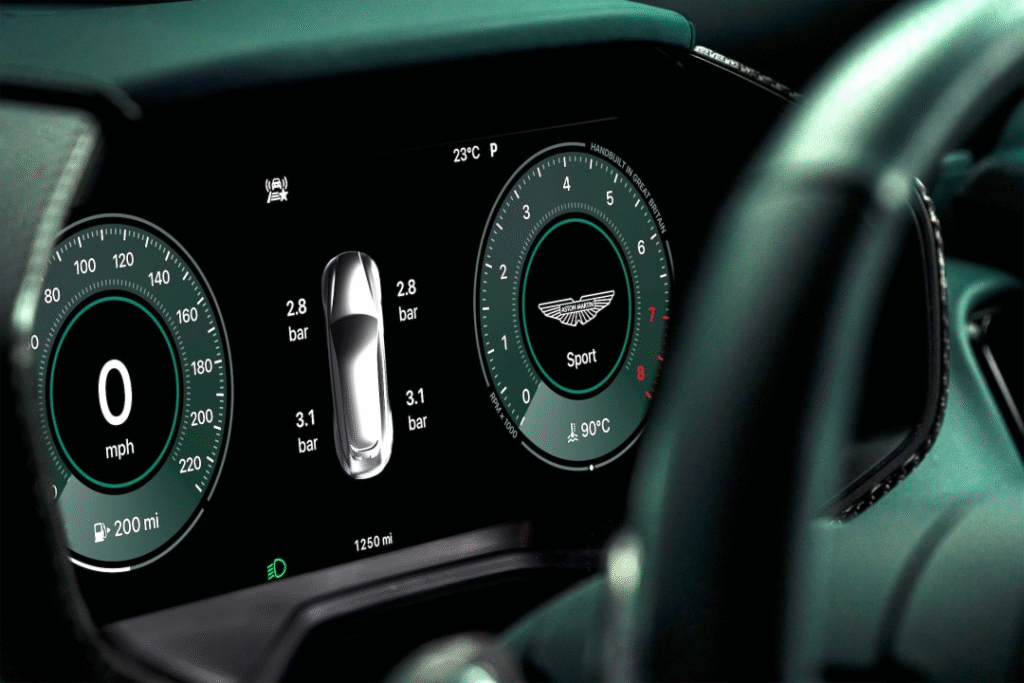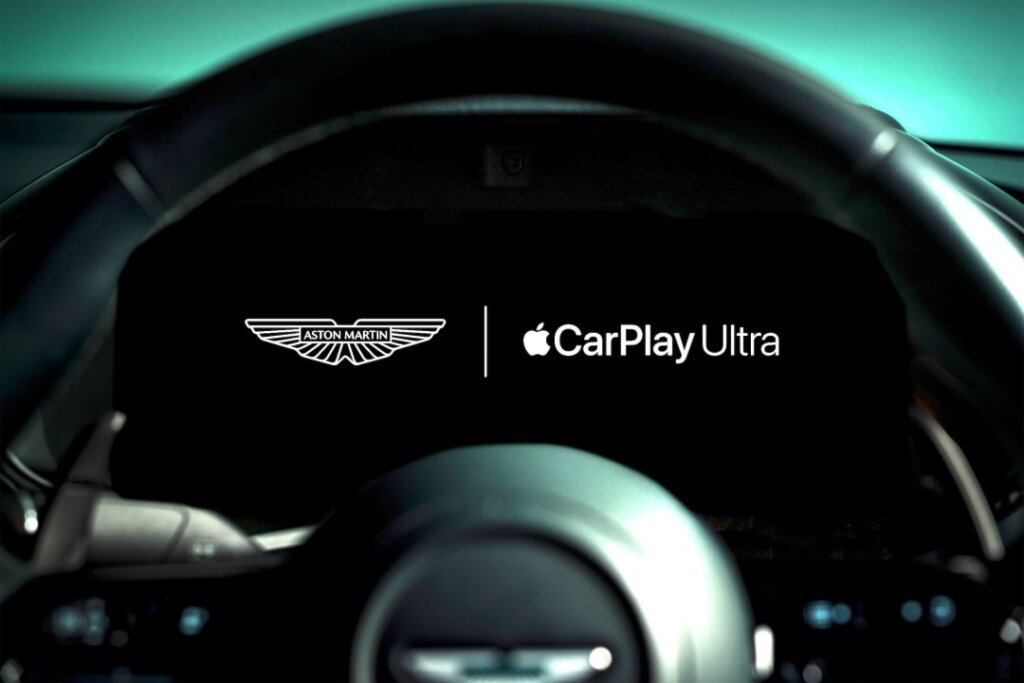Automakers’ Big Fear: Why CarPlay Ultra is Getting the Cold Shoulder
Apple’s CarPlay Ultra promised a seamless, iPhone-like integration across all vehicle screens, including the critical display behind the steering wheel. What initially seemed like a no-brainer for enhancing the driver experience has, however, met significant resistance from major automakers. Despite the popularity of standard CarPlay and Android Auto, a deeper integration like CarPlay Ultra is causing apprehension, with automakers fearing a loss of control and data to the tech giant.

CarPlay Ultra: A Double-Edged Sword for the Automotive Experience
Introduced in a 2022 teaser, CarPlay Ultra showcased the ability to display essential driving information (speed, RPM, etc.) within a customizable, distinctly Apple-designed interface. This promised continuity for drivers, extending the familiar iOS experience directly into the vehicle’s core functions.
- The Appeal: For consumers, the idea of an intuitive, customizable interface across all screens is highly attractive, bringing the ease of smartphone use into the car.
- The Problem: For automakers, this deep integration means ceding control over critical vehicle data and the user interface, areas they traditionally consider their exclusive domain.

Source: Apple/YouTube
Automakers’ Core Concern: Apple’s “Control” Over the Vehicle
Ford CEO Jim Farley recently articulated the industry’s hesitations on a podcast, stating, “We don’t like the execution in round one of Ultra, but we’re very committed to Apple.” His comments suggest that while Ford values its relationship with Apple, the extensive integration proposed by CarPlay Ultra raises fundamental questions about control.
- Loss of Brand Identity: Farley questioned how far Apple wants its brand to go, asking: “Do you want the Apple brand to start the car? Do you want the Apple brand to limit the speed? Do you want the Apple brand to limit access?” These concerns highlight a fear of Apple’s brand subsuming the automaker’s identity and control over core vehicle functions.
- Data and Insights: Automakers are wary of providing Apple with deep insight into driving habits and vehicle diagnostics, which are essential for CarPlay Ultra’s functionality. This data is valuable, and OEMs are reluctant to share it.
- Perceived Inferiority: Despite years of developing often subpar infotainment systems, many automakers still insist their proprietary interfaces are superior or that safety features cannot be effectively integrated with CarPlay Ultra.
Limited Adoption: A Few Brave Brands vs. the Industry Giant
As of now, adoption of CarPlay Ultra remains limited, reflecting the widespread hesitation among major manufacturers.

- Early Adopters: Aston Martin has been the boldest to embrace CarPlay Ultra. Apple also noted that Hyundai brands (Hyundai, Kia, Genesis) are working towards integration.
- On Board (But No Timeline): In July 2025, Apple announced that Acura, Ford, Honda, Infiniti, Jaguar, Land Rover, Lincoln, Nissan, and Porsche were “on board,” but none of these have announced a specific timeframe for implementation. This suggests ongoing negotiations and a cautious approach.
- Apple’s Stance: Bob Borchers, Apple’s VP of Worldwide Product Marketing, states that “This next generation of CarPlay gives drivers a smarter, safer way to use their iPhone in the car, while deeply integrating with the car’s systems and showcasing the unique look and feel of each automaker.” The term “deeply integrating” is precisely what fuels the automakers’ concerns about ceding their walled garden.
The Path Forward: Optionality and Control
CarPlay Ultra, in use, is reported to be excellent—featuring an iOS-like interface that seamlessly integrates vehicle data without impacting performance. It transforms the car into an extension of the iPhone, which is largely seen as a positive for drivers.
- The Core Issue: The central tension lies in automakers’ desire to maintain control over their platforms versus Apple’s ambition for deep integration.
- Simple Fix (But Unlikely): The most straightforward solution would be to make CarPlay Ultra optional, allowing consumers to choose their preferred interface. However, automakers have historically been reluctant to adopt such user-friendly “paths of least resistance,” often preferring to push their own, often inferior, proprietary systems. The battle for the dashboard, and indeed the entire digital driving experience, is far from over.
Also Read – 2024 Rolls-Royce Cullinan Auction: Rare Orange Interior, 24-inch Vossen Wheels, Under 6,000 Miles




Pingback: Mazda CX-70 2026 Price Jumps $2K: More Standard Features, Still A Two-Row CX-90 - Mechhelp